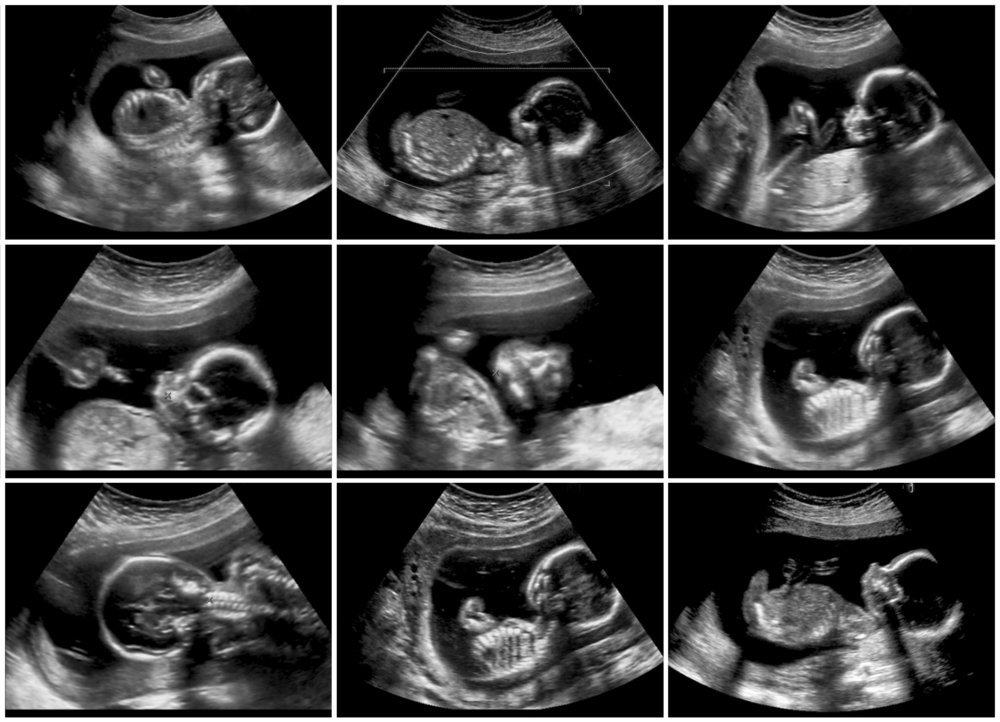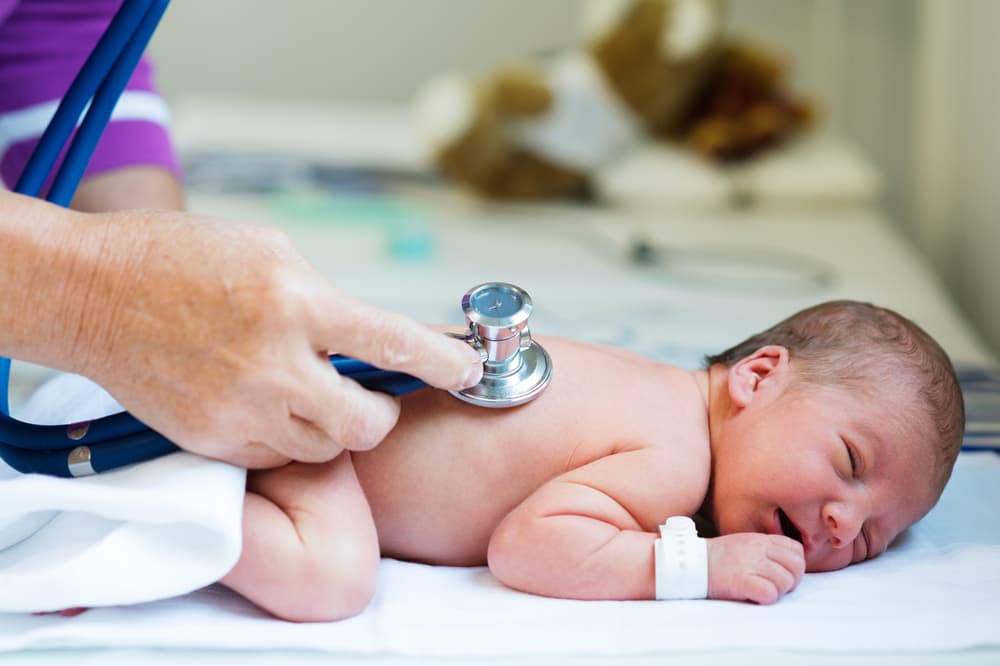Contents:
- Medical Video: Why working the Night Shift can pose a Cancer Risk
- Cancer risk increases in women who enter night shift work
- Work shift night disrupts the circadian rhythm so it is at risk of cancer
- How to prevent it?
Medical Video: Why working the Night Shift can pose a Cancer Risk
Sometimes, work requires women to enter night shift work. Especially if your profession is a hospital health worker, a customer service company, an airline flight attendant, a 24-hour shopkeeper, a publishing company employee, or a waiter in an open night bar and cafe. The effects of nighttime work are often associated with obesity and heart disease. However, a study adds that the effects of night shifts can increase a woman's risk of getting cancer. How can?
Cancer risk increases in women who enter night shift work
The above statement was concluded by a group of researchers from the West China Medical Center at Sinchuan University, China, after processing data from 61 different articles about cancer cases in women. All of the articles collected contained more than 1 million cancer cases involving more than 4 thousand participants from North America, Europe, Australia and Asia.
Reporting from Science Daily, chief researcherXuelei Ma, Ph.D and colleagues laterfound a relationship between long-term night shift work and an increased risk of 11 types of cancer. In general, the research team found that women at night shift experienced an increase in cancer risk by 19 percent.
When broken down into more specific types of cancer, researchers report that the effects of night shift work increase a woman's risk of:
- Skin cancer by 41%
- 32% of breast cancer - especially in North America and Europe
- Gastrointestinal cancer (stomach, intestine, stomach) by 18%
Of all the types of work studied, night shift nurses experienced the highest increase in cancer risk. Nurses who work the night shift have an increased risk of breast cancer by 58%, gastrointestinal cancer by 32%, and lung cancer by 28% compared to nurses who work during the day. The risk of breast cancer continues to increase 3.3% every five years if it continues to work at night.
This increase in risk is found because nurses tend to undergo more general health checks, which are professional requirements.
Work shift night disrupts the circadian rhythm so it is at risk of cancer
Working shift night makes the body's biological clock fall apart. The biological clock works following all changes in physical, mental, and human behavior in a 24-hour cycle.
How the body's biological clock works is influenced by the suprachiasmatic nerve (SCN) in the brain and the light conditions in the surrounding environment. A person's biological clock can determine the sleep cycle, hormone production, body temperature, and various other bodily functions. That is why actually the biological clock of each body can be different.
Night shift work changes your biological clock cycle. What should be the time for you to rest from 8:00 to 4:00, instead you use it to work and even eat. Conversely, in the hours when the body should do important activities such as digestion, you actually sleep.
In fact, biological clocks also play a role in regulating when the body must produce new cells and repair damaged DNA. Reporting from WebMD, scientists from the Massachusetts Institute of Technology (MIT) revealed that disruption of circadian rhythms can interfere with two tumor suppressor genes that trigger tumor growth. In the end, this can cause a buildup of c-myc protein that supports tumor cell growth into cancer.
That is, the biological clock of each person will affect the development of cancer cells in the body. If your biological clock is chaotic, one of the consequences that might occur is cancer growth.
How to prevent it?
What needs to be remembered, night shift work does not necessarily make you automatically get cancer. There are many other factors that affect your chances of having cancer, such as genetics and bad lifestyle.
So, an effective action for cancer prevention is to maintain a balanced diet and regular physical activity. In addition, routinely undergo a health check and cancer screening to monitor your condition.













